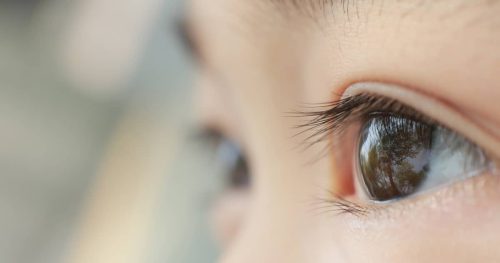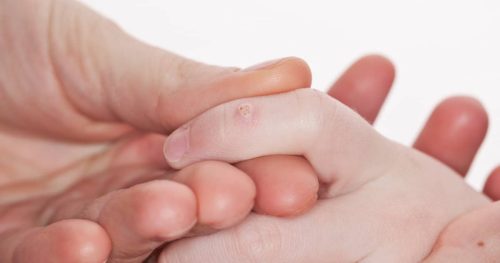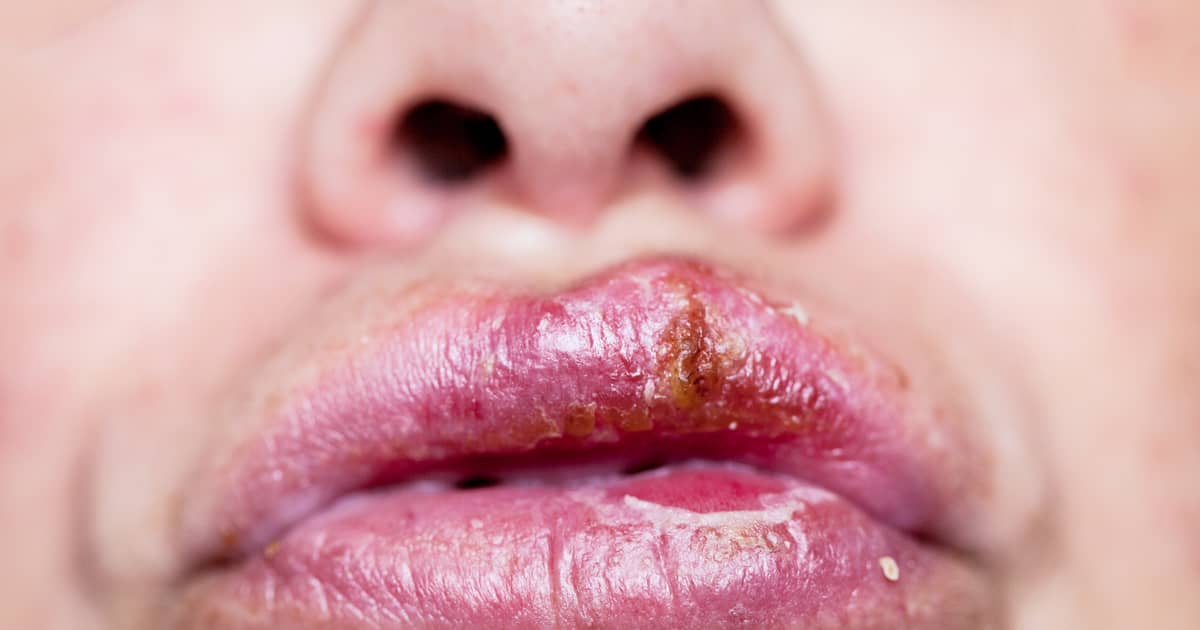Genetics play an important role in the way we respond to pathogens like the human immunodeficiency virus. A new study among people of African descent suggests that certain genetic variants supress the viral load of people who have a chronic HIV infection. These variants also reduce the risk of viral transmission.
Continue readingWHO Emphasises the Transformative Power of ART Therapy for HIV-Positive Individuals
The development of antiretroviral therapy (ART) is one of the most defining discoveries in the fight against HIV. New data and WHO recommendations suggest that the widespread ART administration among HIV-positive individuals is the best option for improving individual health outcomes and eliminating the risk of transmission.
Continue readingCan STDs Pass Through Breast Milk from Mother to Baby?
Sexually transmitted diseases can usually spread via contact with infected bodily fluids. This happens most often during sexual encounters. An infected mother, however, can also pass an STD to her child. Some of the most common infections can be carried in breast milk.
Continue readingSTDs and Eye Symptoms: Little Known Facts about Sexually Transmitted Infections
Symptoms of STDs most often affect the genital region and the reproductive tract. These conditions, however, can also affect other organs and systems. The eye has mucous membranes that make it an easy target for STD-causing pathogens. While such infections aren’t very common among adults, they are still a cause of vision problems among children in developing economies.
Continue readingAre Genital Warts and Skin Tags the Same Thing?
Many countries have reported worryingly high rates of new infections with the most common STDs. Researchers have been trying to identify the cause. The Covid-19 pandemic has contributed to the negative phenomenon but it’s not the only explanation.
Continue readingHow the World Can Handle the Surge in New STDs: The Importance of Reversing the Trend Now
Many countries have reported worryingly high rates of new infections with the most common STDs. Researchers have been trying to identify the cause. The Covid-19 pandemic has contributed to the negative phenomenon but it’s not the only explanation.
Continue readingCan You Get an STD from a Partner Who Has No Symptoms
Lots of misconceptions and myths about getting an STD still circulate and are common. Of all, thinking that you can’t get an infection from a partner who’s asymptomatic is probably the most dangerous. Many STDs, including the most widespread ones, can remain dormant and asymptomatic for long periods. Even asymptomatic, they can still cause the infection to spread through sexual contact.
Continue readingWhat Is the Main Difference Between Oral and Genital Herpes
Oral and genital herpes infections are very common because the virus spreads easily and the infection can be asymptomatic for very long periods of time. But are there any major differences between the two varieties. This guide has the important answers on causes, symptoms, screening and treatment options.
Continue readingSingapore Sees Lowest HIV Infection Rates in Over 25 Years
The latest numbers pertaining to HIV infections in Singapore are consistent with international findings. For several years in a row, the rate of new infections has been declining. In fact, the 2022 figure has been the lowest one since 1998.
Continue readingThe Long-Term Effect of Having an STD Is Gender-Specific, Research Suggests
The immediate effect of acquiring a sexually transmitted disease is easy to understand. How does such a condition impact life in the long-run, however? New research suggests that the quality of life is more significantly diminished for women who contract an STD than it is for men.
Continue reading









